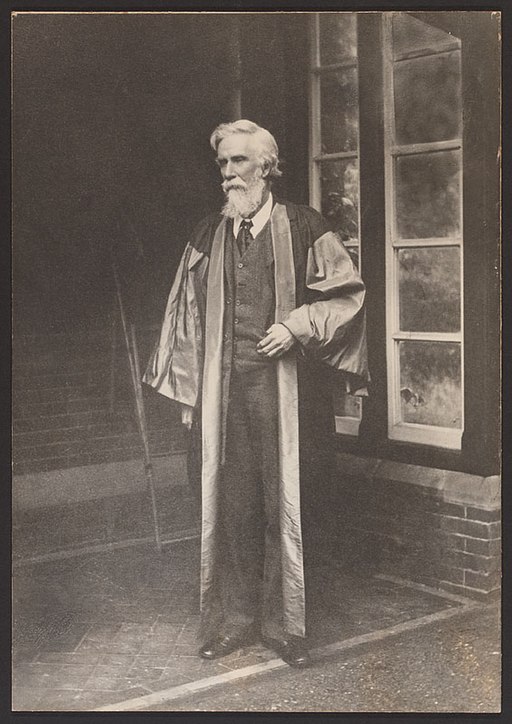Liberty Matters
Imperia in Imperio

It would indeed be ideal to return to the common law rule of holding government officials liable for their abuses, just as it would be ideal to return to a pre-Wagner Act regime of employment law. But the administrative state only moves in the opposite direction—it is, in economist Robert Higgs’ metaphor, a “ratchet.” It proliferates officers who are immune to or above the law. As Publius warned, “One legislative interference is but the first link of a long chain of repetitions, every subsequent interference being naturally produced by the effects of the preceding.”
The administrative state’s extension of entitlements to privileged groups leads only to further privileging. The Wagner Act essentially turned unions into imperia in imperio. In 1941 Justice Robert Jackson expressed his dismay that unions had been exempted (by the Court, rather than by Congress, he claimed) from the antitrust laws.
This Court now sustains the claim of a union to the right to deny participation in the economic world to an employer simply because the union dislikes him. This court permits to employees the same arbitrary dominance over the economic sphere which they control that labor so long, so bitterly and so rightly asserted should belong to no man.
In 1950, a Norfolk newspaper publisher was resisting unionization by using his “daughters, sons-in-law, nieces and nephews” to carry on publishing during a strike. C.I.O. Committee on Civil Rights member Boyd Wilson suggested that “A daughter’s head will bleed just like a head that isn’t a daughter’s. You simply have to apply that kind of tactics.” When the chairman of the committee objected, Wilson replied, “We put a picket line out there and that daughter, mama or nobody else is going in.” (It really was the “Committee on Civil Rights.”) Wilson expected that strikers could behave like the Chicago police in Monroe v. Pape. In 1958 Roscoe Pound, a leading progressive jurist who had by then repented, noted that unions were free to commits torts against persons and property, interfere with the use of transportation, break contracts, deprive people of the means of livelihood, and misuse trust funds, “things no one else can do with impunity. The labor leader and labor union now stand where the king and government . . . stood at common law.” And this was after the Taft-Hartley Act was supposed to have addressed union abuses of the 1930s.
So, when unions abused their quasi-sovereign power to oppress minorities, we got affirmative action to curb their abuse of racial minorities, at least. Black civil rights organizations opposed union-privileging legislation, but admitted that they would support it if unions included blacks—if their class interests were not cancelled out by their racial identity. The novelist and activist Charles Chesnutt testified before Congress in 1928 against an anti-injunction bill. He called it “class legislation pure and simple” but admitted that “it would be only human nature, if colored men… benefited equally by [it]… they might not oppose” it. He lost, but the Supreme Court imposed a duty of “fair representation” on unions starting in 1944. This makes it appear that the alternative to the administrative state is an imperial judiciary. We are seeing something similar today as the Court develops a “religious exceptions” doctrine to administrative impositions as in the Hobby Lobby case. This is at best a second- or third-best outcome. It presents the possibility, noted by some political scientists and law professors, that the Madisonian Constitution, with its separation of powers and checks and balances—was designed to prevent the rise of the bureaucratic state but, once that state was established, also makes it hard to undo.
Copyright and Fair Use Statement
“Liberty Matters” is the copyright of Liberty Fund, Inc. This material is put on line to further the educational goals of Liberty Fund, Inc. These essays and responses may be quoted and otherwise used under “fair use” provisions for educational and academic purposes. To reprint these essays in course booklets requires the prior permission of Liberty Fund, Inc. Please contact oll@libertyfund.org if you have any questions.